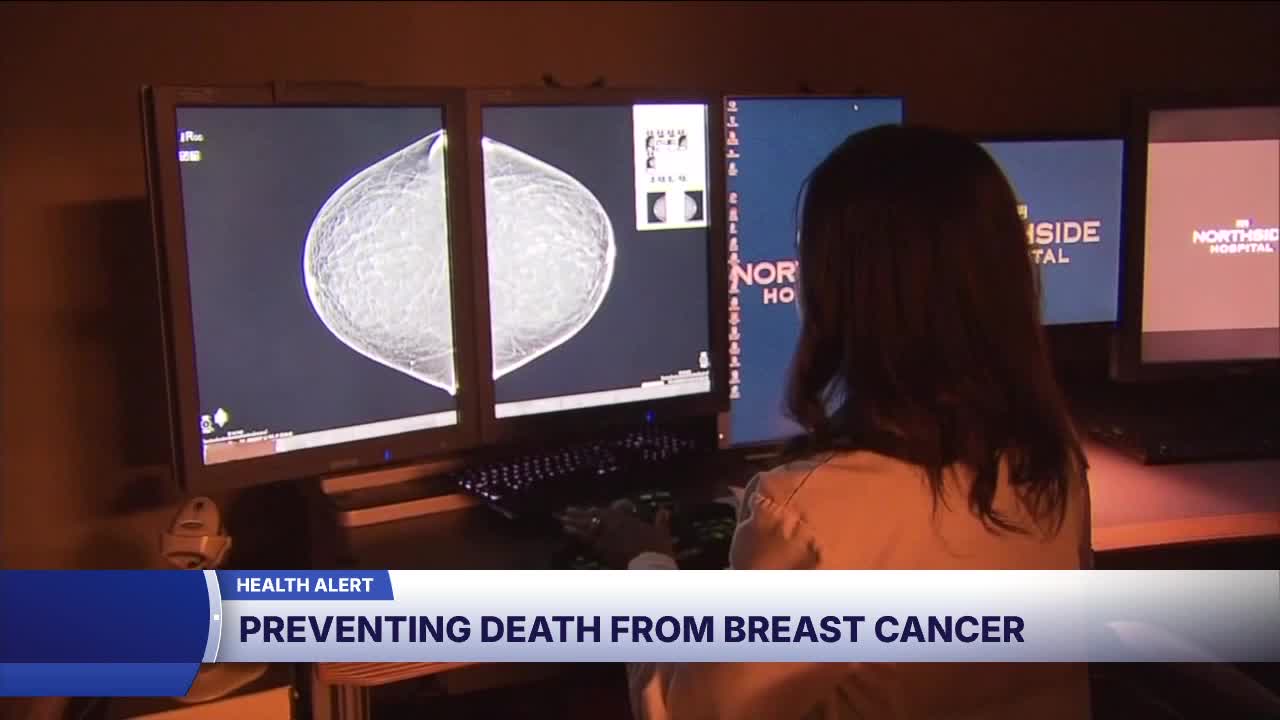(WXYZ) — Just in time for Breast Cancer Awareness Month, a new study shows that missing your first breast cancer screening could be more dangerous than you think.
The research found that skipping this screening could raise the long-term risk of dying from breast cancer by as much as 40%.
This study shows just how important it is for women to get their first mammogram and prioritize their health. Here’s why. Researchers followed over 430,000 women in Sweden for up to 25 years. They found that women who skipped their first mammogram were more likely to skip later screenings.
And the risk was serious: women who missed their first screening had 1.5 times higher odds of Stage 3 cancer and 3.6 times higher odds of Stage 4 cancer compared with those who went to their first mammogram. Over time, this meant more deaths among the women who delayed. That’s because if breast cancer is found early before it spreads, the five-year survival rate is over 99%. However, once it spreads to other organs, the survival rate drops to around 32%.
So, skipping that first mammogram often sets up a pattern. We don’t know exactly why, but reasons could include a lack of awareness, barriers to access or fear of the results.
For most women at average risk, screening should begin at age 40. Mammograms are recommended every other year until about age 74. Women over 75 should talk with their doctor about whether to continue. Those at higher risk because of family history, genetic factors or prior chest radiation may need to start earlier and screen more often.
As for breast self-exams, they are not generally recommended for women at average risk. That’s because there’s little evidence they help find cancer earlier. Mammograms are the main screening tool. That said, women should know how their breasts usually look and feel so they can spot changes like lumps, discharge or skin changes, and get them checked right away.
Now, getting that first mammogram is an investment in your long-term health. You’re taking an important step to reduce your risk, especially when it’s combined with a healthy lifestyle — like staying active, maintaining a healthy weight, limiting alcohol and not smoking. Breast cancer is the second most common cancer and the second leading cause of cancer death in women in the U.S. So, I highly recommend that you don’t skip screenings. Early screenings save lives.
THIS WEEK ON 'THE DR. NANDI SHOW'

Dr. Partha Nandi, MD, explores autism, a complex neurological condition that affects communication, behavior and social interaction. A guest shares her personal journey with autism — from early misdiagnoses to finally receiving the correct diagnosis at age 30. She explains how understanding her condition transformed her life, helped her advocate for herself and allowed her to find strategies to thrive. Nandi is also joined by an autism expert, who discusses the importance of early, individualized support and evidence-based therapies. Together, they offer guidance, inspiration and a deeper understanding of autism for individuals, families and caregivers. Tune in on Monday, Oct. 6 at 2 a.m.




